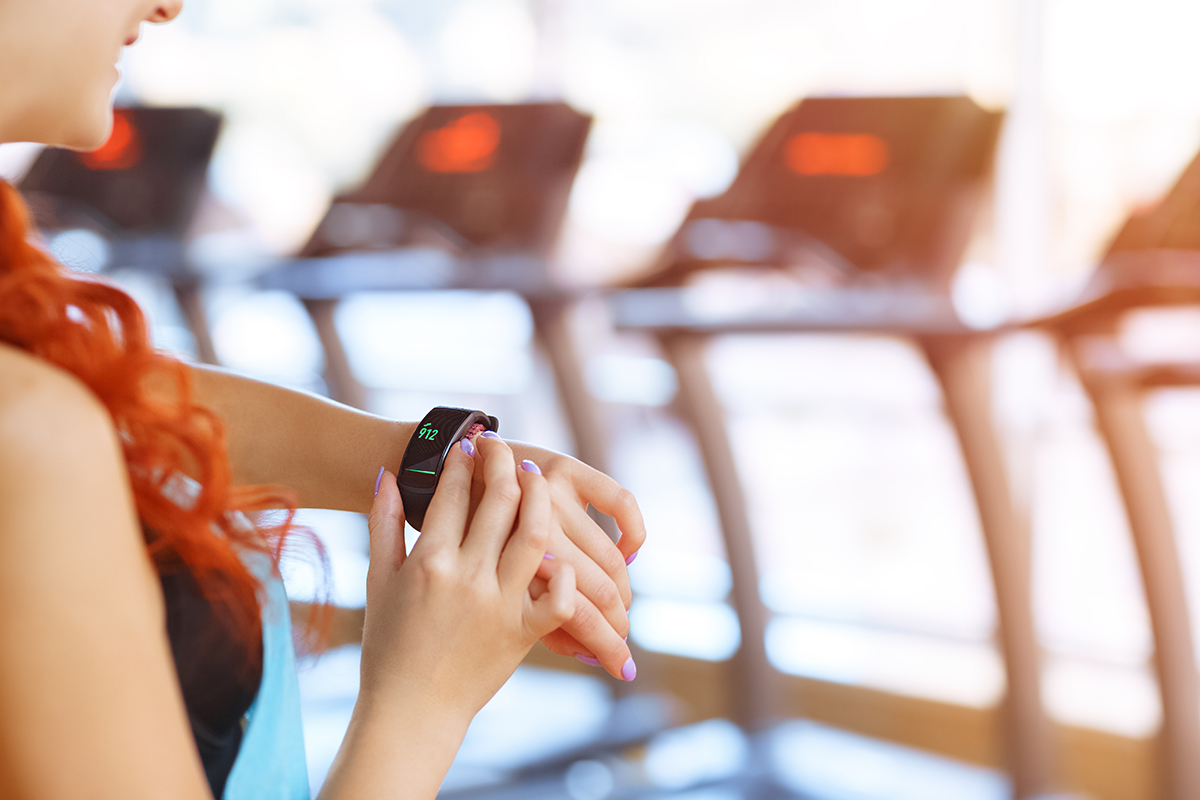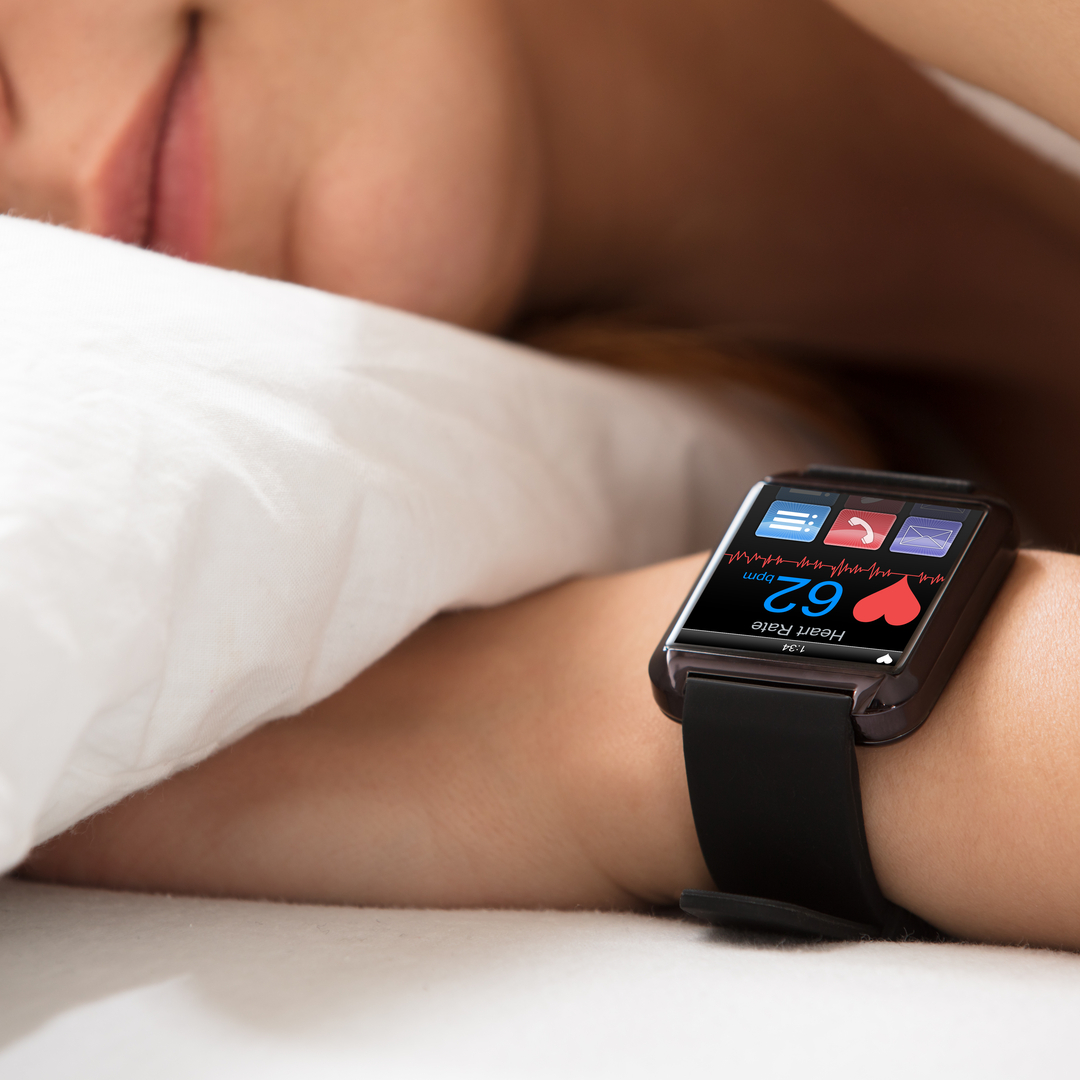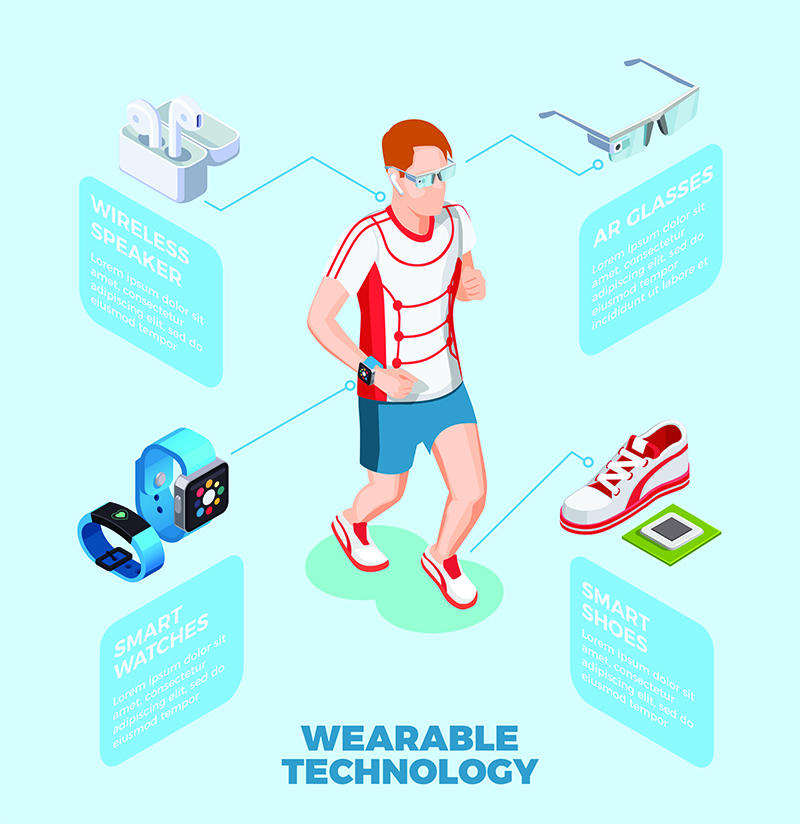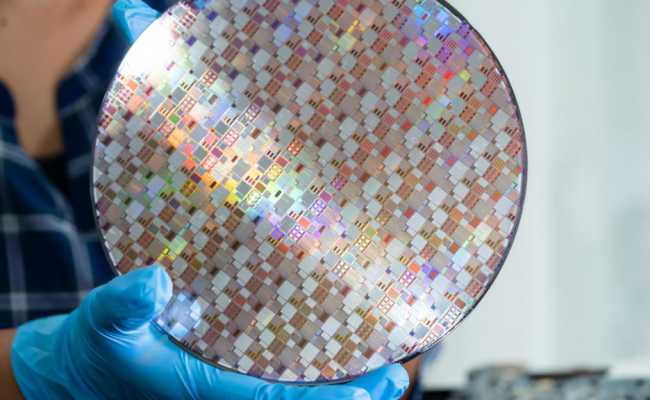Tech consumers have been fascinated by wearable technology ever since they became available for purchase. However, in the wake of the COVID-19 pandemic, the demand for wearable gadgets and devices has grown even more. The effects of isolation and stress is being felt on a global scale, and in countries where coronavirus has hit especially hard, such as the United States, people are experiencing extreme stress. With more attention on mental wellbeing, many wearable products are now focusing on measuring your health signs to promote a healthier lifestyle that includes better sleep and less stress.
Healthier Lifestyle
Wearable devices such as smartwatches and fitness trackers are already used by consumers interested in living a healthier and more active lifestyle. Other forms of wearables have emerged, including the Polar Chest Strap, which allows users to analyze and train like professional athletes. The chest strap monitors user heart rate, but also can connect to a variety of fitness apps, training devices, and even gym equipment.

As fitness wearables evolve beyond just counting steps, many now offer personalized training insights and coaching. The Gymwatch Fitness Tracker is an example of a health wearable built for users interested in weight building. The tracker gives users visual and verbal feedback in real-time to ensure they are completing reps correctly. Beyond the immediate physical benefits, trackers such as these can also connect people with other fitness enthusiasts.

Better Sleep
Activity tracking has become a standard feature for smartwatches and fitness trackers. However, some wearables also offer sleep tracking capabilities that measures your sleep duration, sleep quality, and even sleep phases. The WHOOP wristband, for example, can measure the time someone spent in each sleep stage to better understand their sleep quality. These sleep trackers offer more insight into sleep trends and circadian rhythms to provide a personalized plan for better sleep.
Better sleep leads to better health. Quality sleep trackers can enable better sleep by collecting a wealth of data with advanced sensors to provide a more accurate understanding of the user’s body. The Oura Ring is one such wearable that does just that, as it sends personalized health insights based on your metrics. The advantage of these wearables is that they make accurate health information readily available, which is convenient for both the user and potential healthcare professionals.

Less Stress
Finally, some wearables are also using a person’s heart rate data to track their stress levels. For example, many Garmin wearables provide around-the-clock stress tracking, while the Samsung Health App can leverage any phone or wearable with a heart rate sensor. Other products, such as the Oura Ring, measures your heart rate variability (HRV) to provide insights on stress management on top of its sleep tracking.
As wearable technology continues to evolve, so will the capabilities of these devices. The Apple Watch Series 6 offers a glimpse into the future, as it allows users to check their blood oxygen through a sensor and app at anytime and anywhere. It can even perform an ECG on demand to generate data and insights. Even more advanced is the Fitbit Sense, which can track stress through how well a user’s skin conducts electricity, also known as electrodermal activity.
How Ambiq is Helping
Wearable devices require reliable and ultra-low-energy components for a smooth user experience. Since these devices continuously collect health data at the edge, their processors must be able to perform these tasks on a low electrical charge. System on Chips (SoCs) such as Ambiq’s Apollo series can enable wearables to last for days or even weeks on a single charge.
Built on the patented Sub-threshold Power Optimized Technology (SPOT®) platform, Ambiq’s ultra-low power SoCs extend the processing capability and battery life in smartwatches and advanced wearable accessories to enable on-demand and around-the-clock health monitoring.
This has enabled abundant application processing power that allows our customers to include greater device capability while still offering users extended battery life. Check out Ambiq’s innovative solutions to see how we can help you deliver better wearable products.

